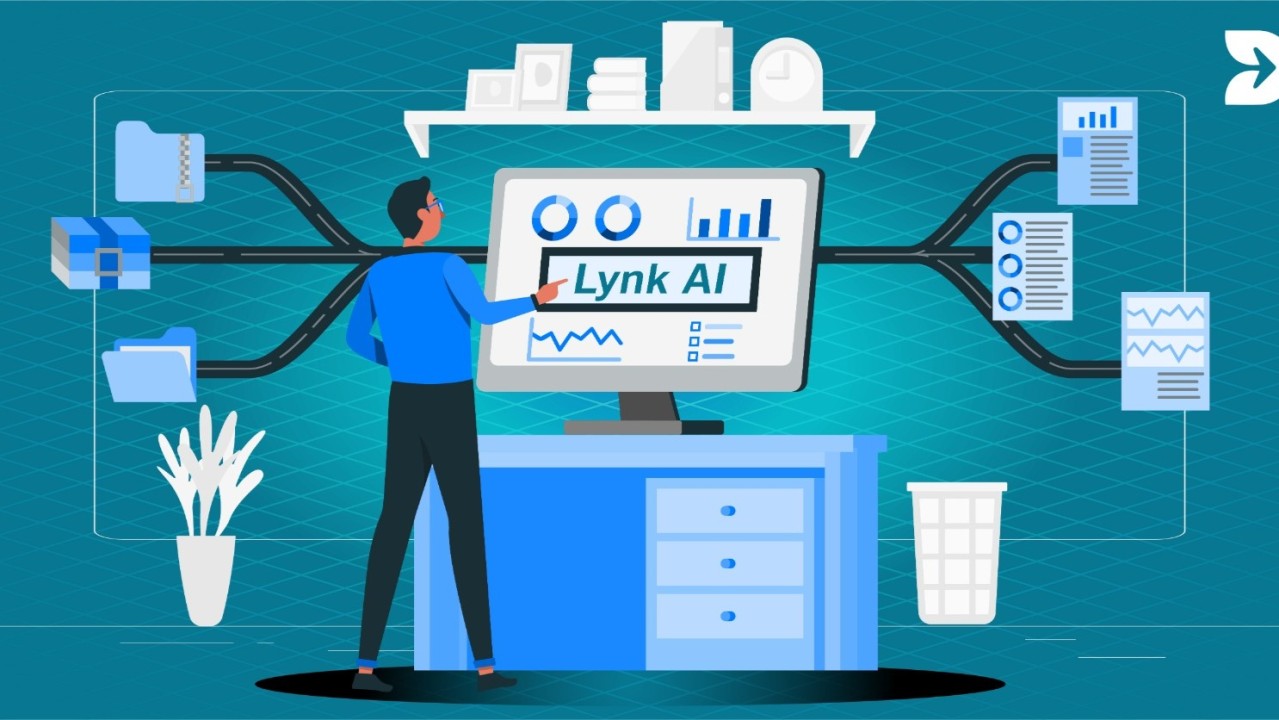
How to Build a Robust Healthcare Denial Management Process

How to Build a Robust Healthcare Denial Management Process
Healthcare claim settlements are concerning, especially when claim denial rates are soaring, causing financial losses and a lack of necessary medical services for patients. According to Experian Credit Report, 38% of respondents experienced denial rates of at least 10%, with some organizations facing rates exceeding 15%. The healthcare claim denials account for manual rework, payment delays, administrative burdens, and affects patient care.
Effective mitigation of this ongoing cycle of claim submissions, denials, and appeals is possible by implementing a robust, AI-driven denials management process for healthcare.
Building a Robust Denial Management Process
Automating denial management using AI capabilities speeds up the process of denial prediction, addresses repetitive causes of claim denials, and enhances denial prevention. Denials can be minimized through accurate coding, unambiguous documentation, and timely submission.
Here is a step-by-step guide that can help build a robust, AI-driven denial management system for healthcare.
Step 1: Identify and Categorize Denials
By leveraging advanced Machine Learning (ML) algorithms and Natural Language Processing (NLP), AI can pinpoint the key issues by analyzing denial letters received from payers, helping investigators to focus on resolving critical problems efficiently and flag high-risk claims before submission. AI-powered analytics enables healthcare providers to review previous denial data and generate detailed denial reason codes.
Moreover, advanced AI platforms such as Lynk AI can identify denial trends and the most common root causes. Based on the various root causes, AI custom models can categorize the denials to understand the problem areas adequately and adjust the workflows accordingly to prevent similar denials in the future.
Step 2: Resubmitting Claims
After understanding the reasons for claim denial and automatically categorizing the denials, AI-based custom models can correct the errors, inform about missing documents, and help the claimants resubmit the claims to the payer for payment. Advanced AI models use Optical Character Recognition (OCR) to analyze the context of the extracted information from structured and unstructured documents like payer denial letters, insurance policies, and patients’ health records to ensure accurate re-submission of the denied claims.
The AI-based custom models also use claim scrubbing software, linking it with insurance-specific guidelines to ensure compliance with payer rules and reduce submission errors. Additionally, organizations can leverage AI capabilities to create standardized appeals templates and gather comprehensive documentation to support evidence-based appeals.
Step 3: Denials Follow-up
Using AI-powered platforms like Lynk AI, healthcare organizations can streamline real-time appeal tracking and status checks to ensure effective and timely resolution of resubmitted claims. Lynk AI provides an exhaustive view of each appeal, including its status quo, pending actions, and estimated resolution time. Further, it sends notifications and alerts for critical deadlines, providing end-to-end visibility to the complete process.
Step 4: Denials Prevention
Denial prevention can significantly reduce claim rework, minimize revenue loss, and improve the overall operational performance of healthcare organizations. Lynk AI IDP (Intelligent Document Processing) collects, extracts, and analyzes all the relevant data from documents like patient medical records, insurance policies, claim forms, policy coverage, payer requirements, and previous claim denial reasons to understand the root causes of repetitive claim denials. AI models use predictive analysis and pattern recognition to reduce future claim denial rates.
AI-powered Denial Management: Refining Healthcare Claims
Lynk AI is the leading platform for designing denial management for healthcare organizations. With self-learning custom AI models, machine learning, natural language processing, optical character recognition, predictive analysis, pattern recognition, contextual understanding, and accurate data extraction and interpretation, Lynk AI can improve claim denial processing and facilitate denial prevention, thus reducing financial losses of healthcare organizations and helping them provide high-quality patient care facilities.
Visit our website to learn more about how Lynk AI can help you build a robust denial management system for your healthcare organization.